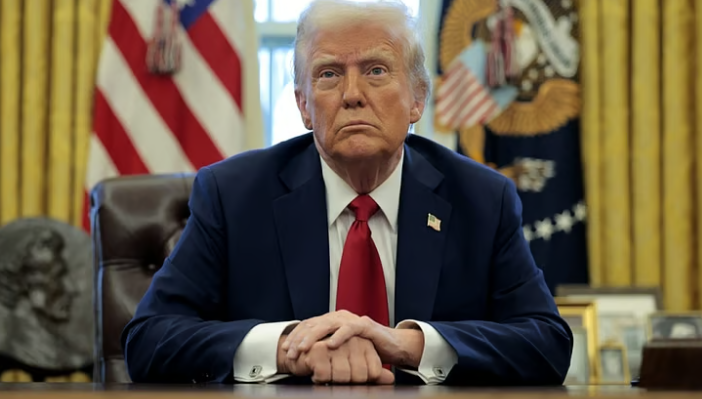Oil prices rose on Thursday after Israel struck Iranian nuclear sites and both sides continued exchanging missile fire, while markets watched for any US decision on formally entering the conflict.
Brent crude futures for August delivery climbed 1.15%, or 89 cents, to $77.59 a barrel by 02:44 p.m. Mecca time.
US West Texas Intermediate (WTI) crude for July delivery also gained 1.52%, or $1.14, to $76.28 per barrel.
Goldman Sachs said in a note on Wednesday that the geopolitical risk premium is currently estimated at around $10 per barrel, driven by reduced Iranian supply and the possibility of wider disruptions that could push Brent prices above $90.
RBC Capital Markets analyst Helima Croft told Reuters that any perception of an existential threat in Iran could increase the risk of attacks on oil tankers and energy infrastructure, particularly if the US intervenes militarily.
Oil prices rose on Thursday after Israel struck Iranian nuclear sites and both sides continued exchanging missile fire, while markets watched for any US decision on formally entering the conflict.
Brent crude futures for August delivery climbed 1.15%, or 89 cents, to $77.59 a barrel by 02:44 p.m. Mecca time.
US West Texas Intermediate (WTI) crude for July delivery also gained 1.52%, or $1.14, to $76.28 per barrel.
Goldman Sachs said in a note on Wednesday that the geopolitical risk premium is currently estimated at around $10 per barrel, driven by reduced Iranian supply and the possibility of wider disruptions that could push Brent prices above $90.
RBC Capital Markets analyst Helima Croft told Reuters that any perception of an existential threat in Iran could increase the risk of attacks on oil tankers and energy infrastructure, particularly if the US intervenes militarily.













